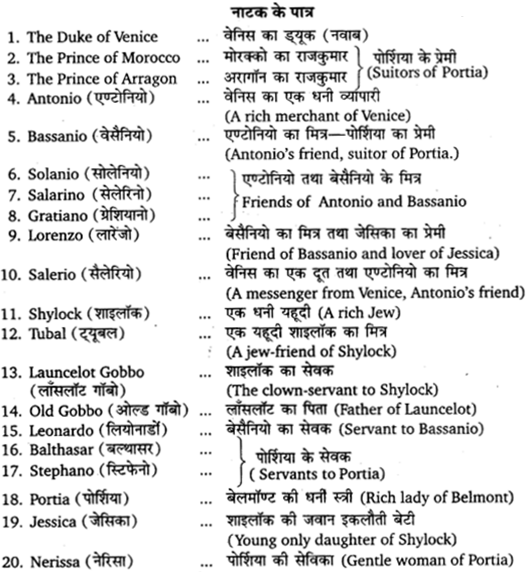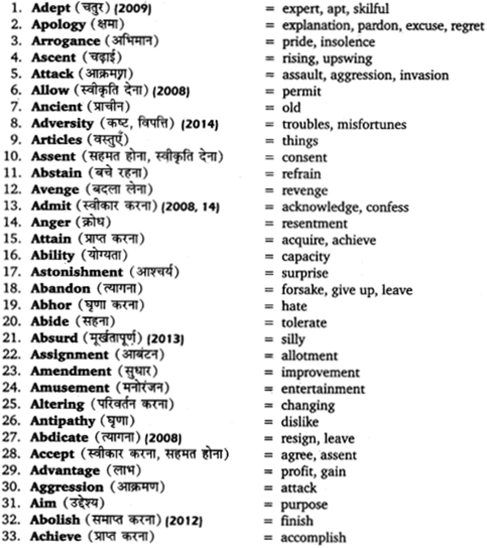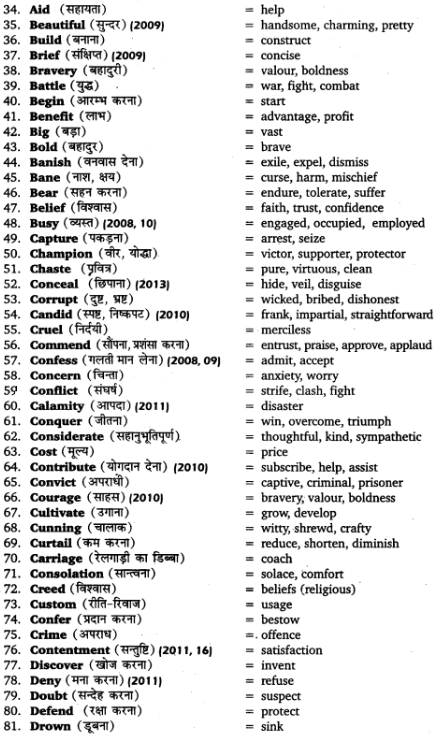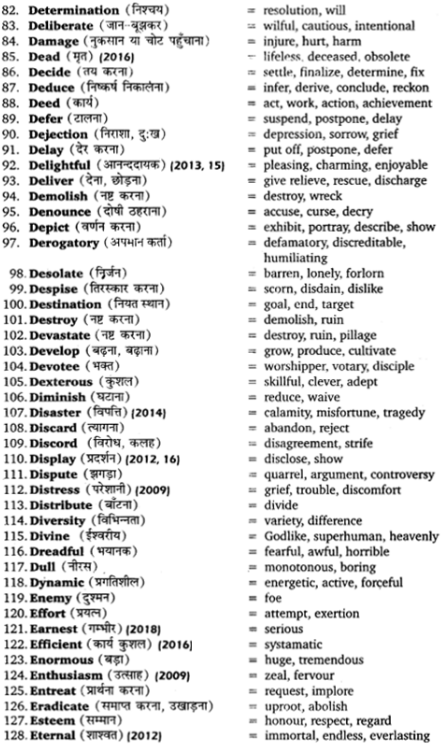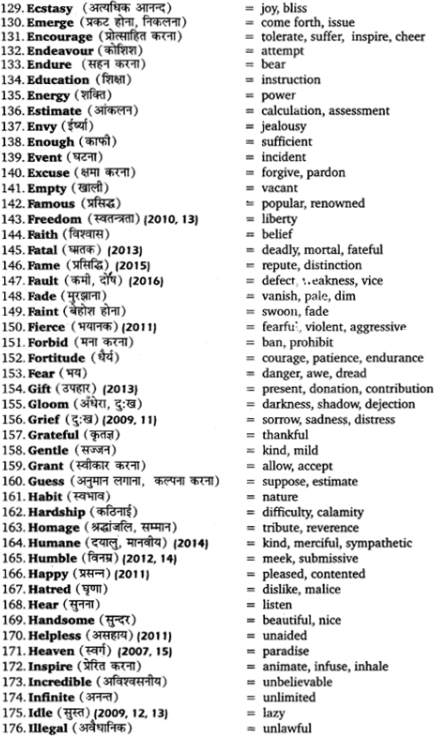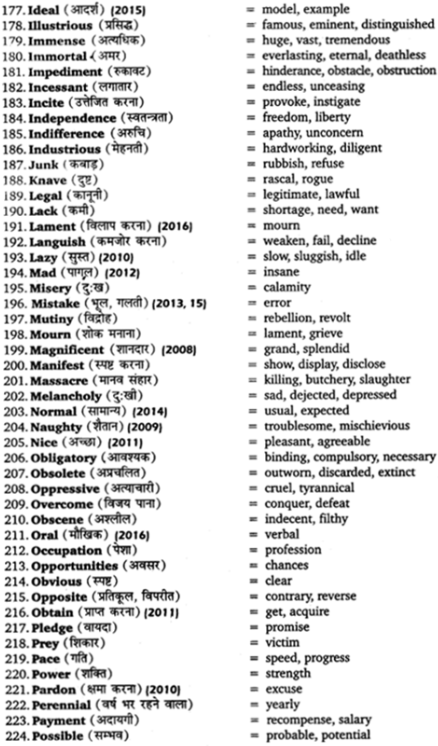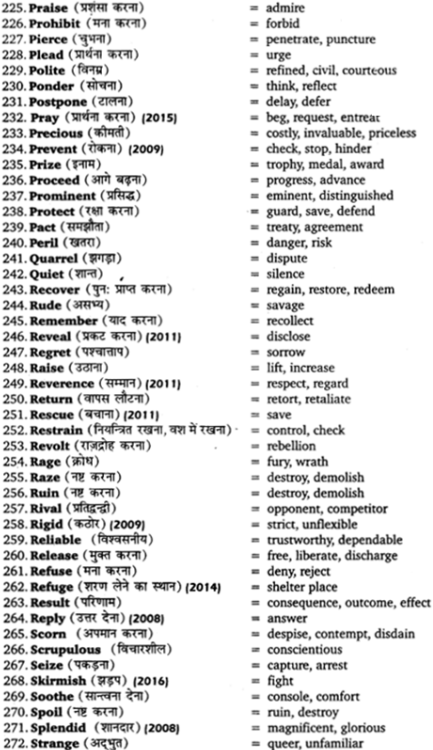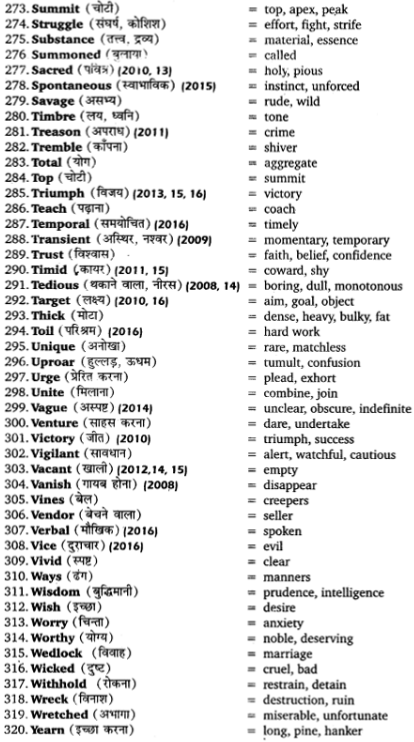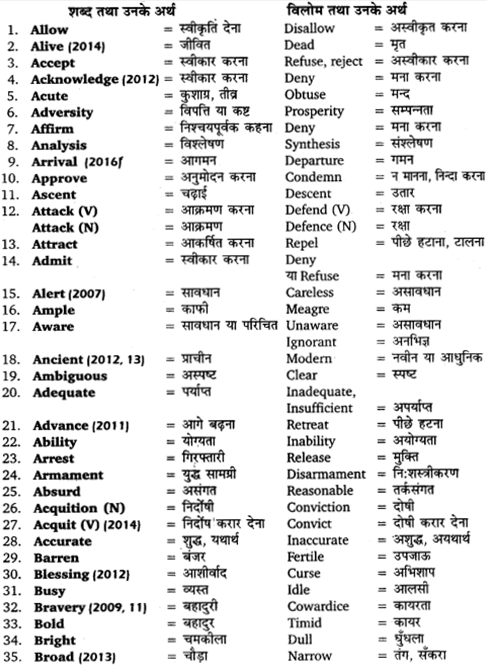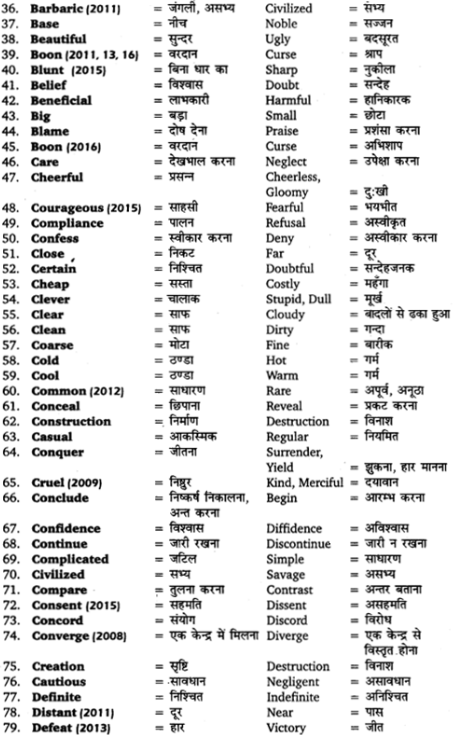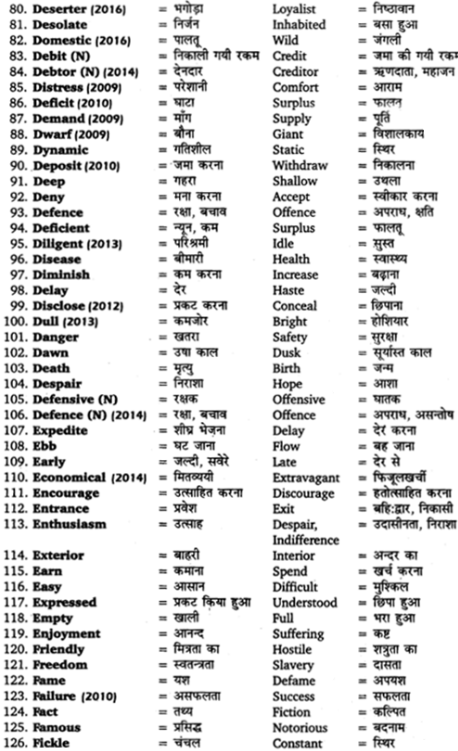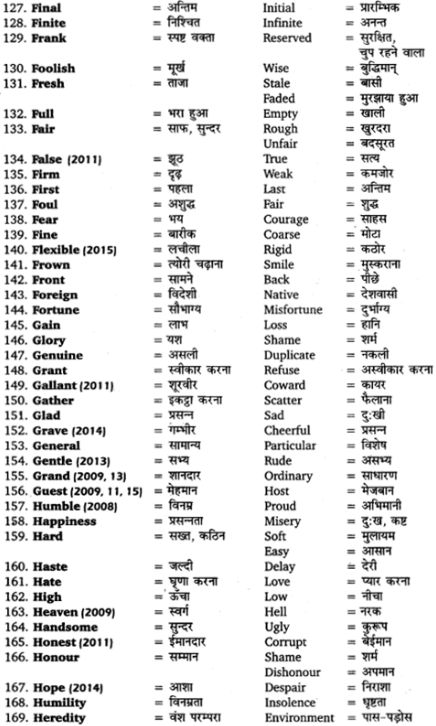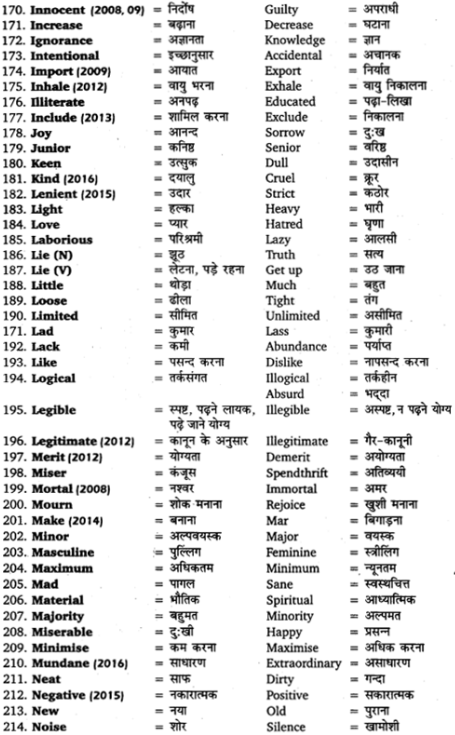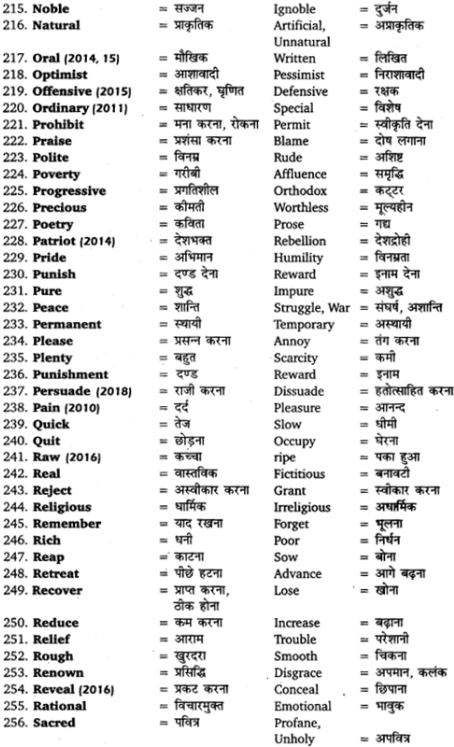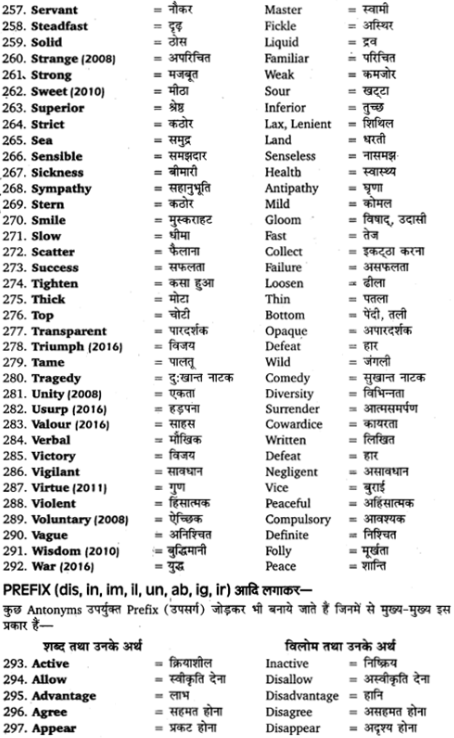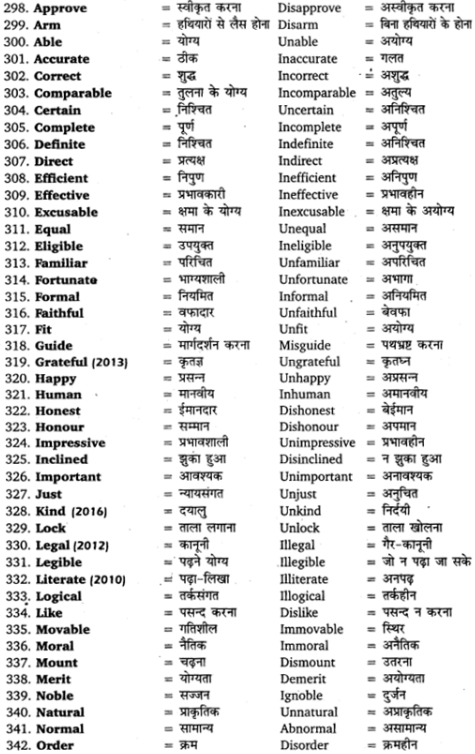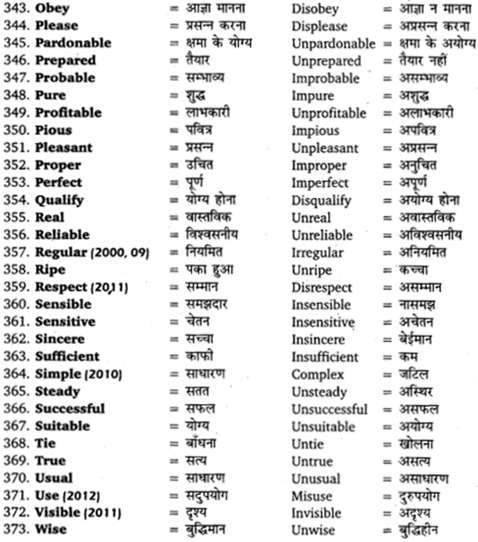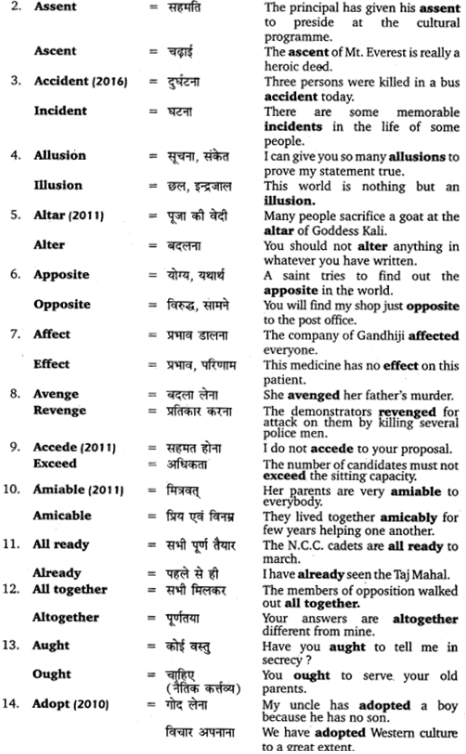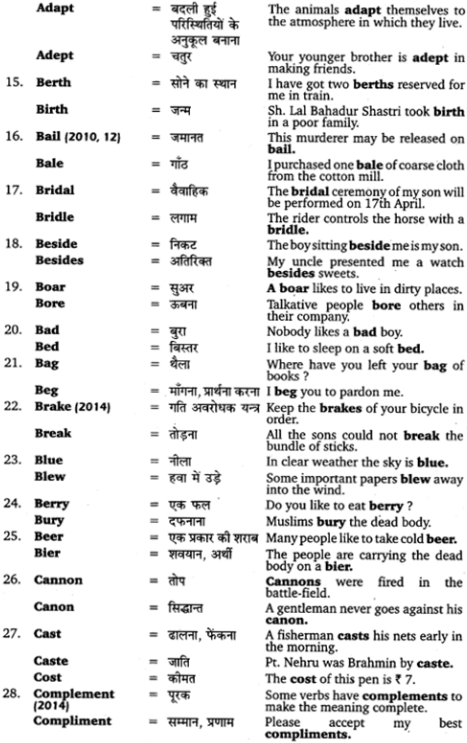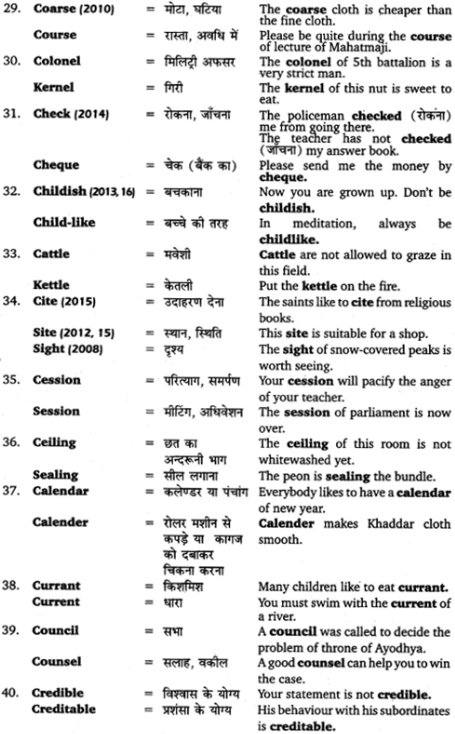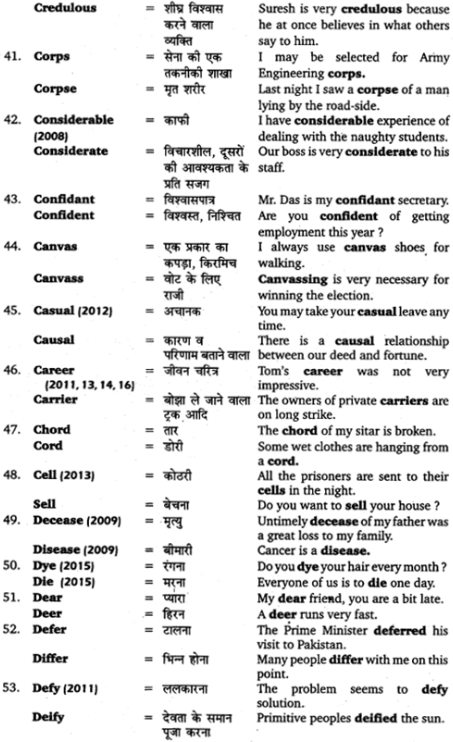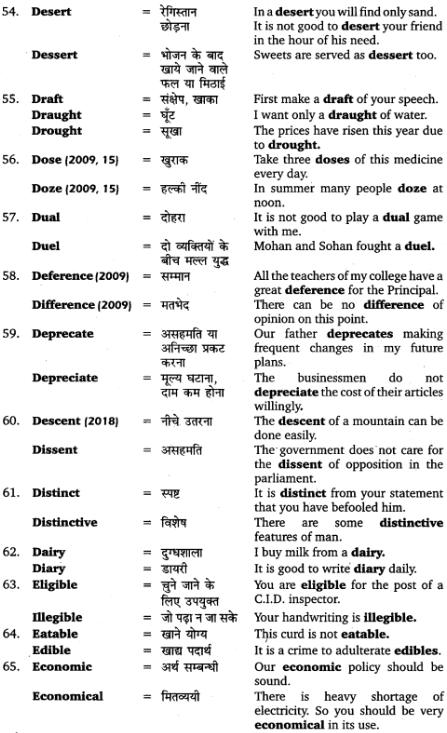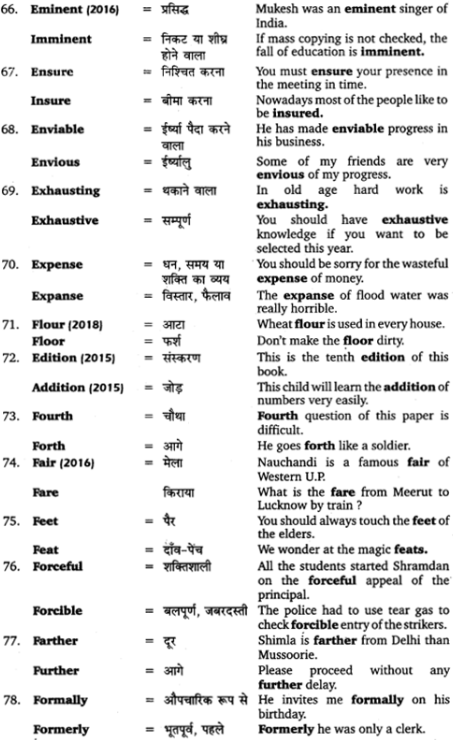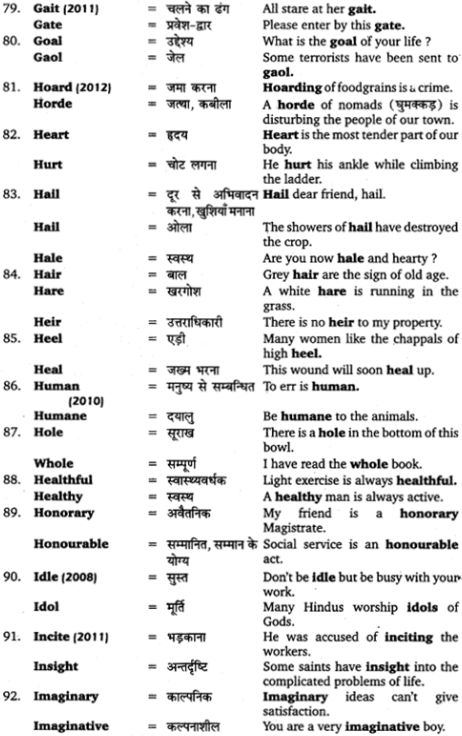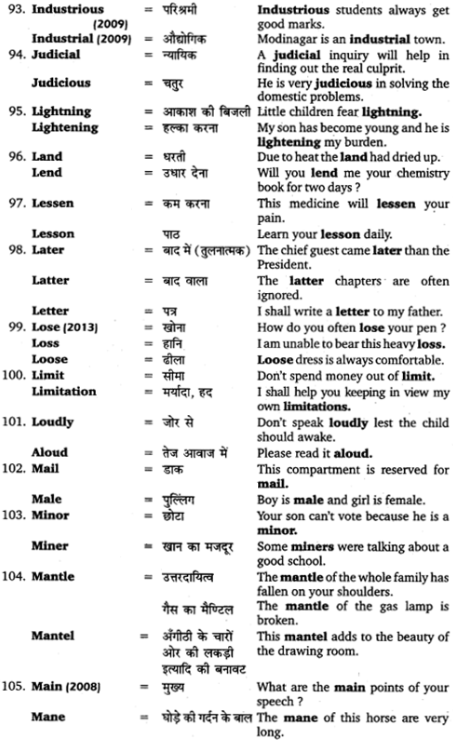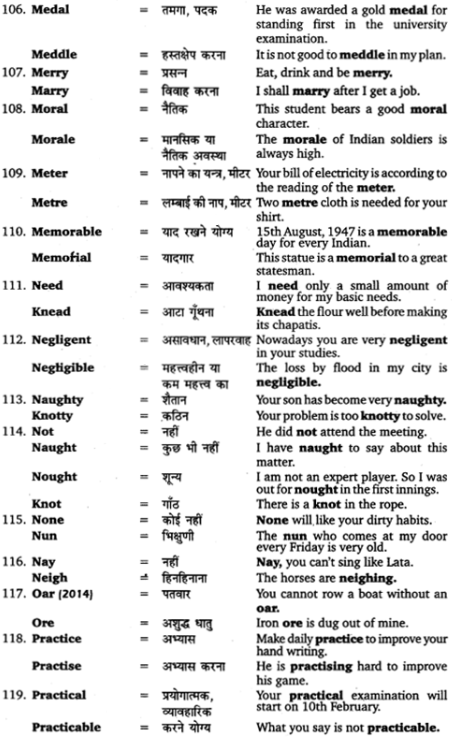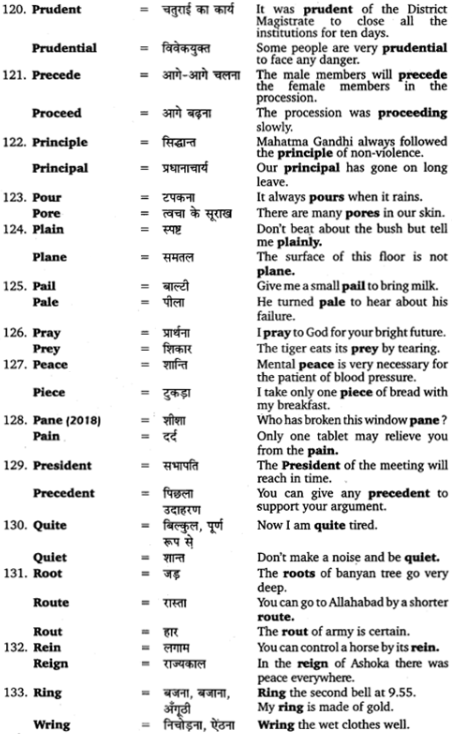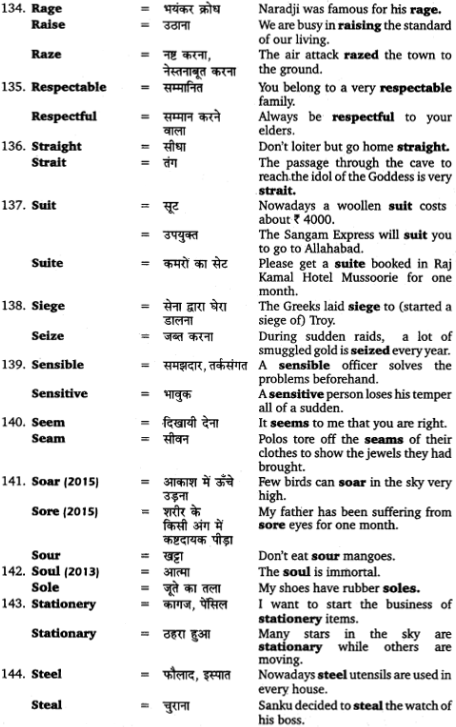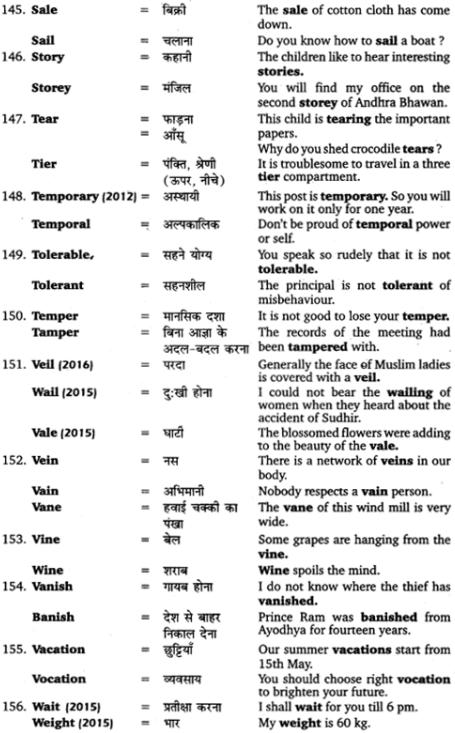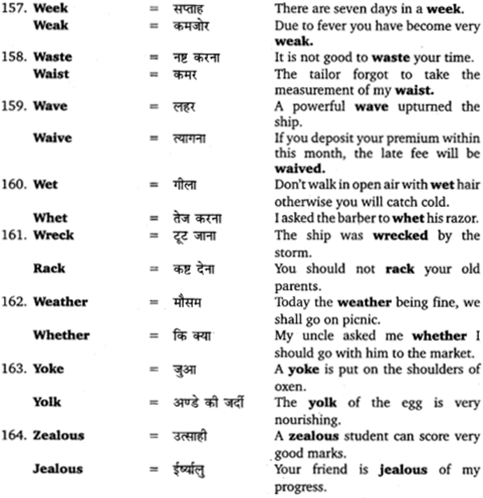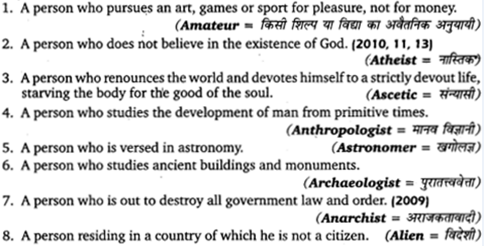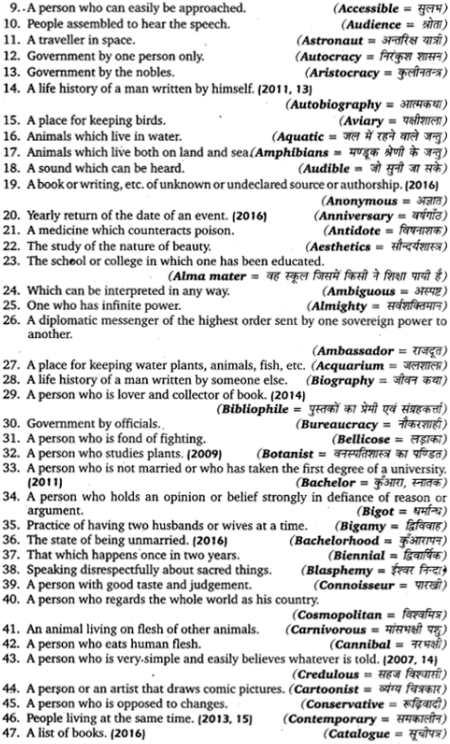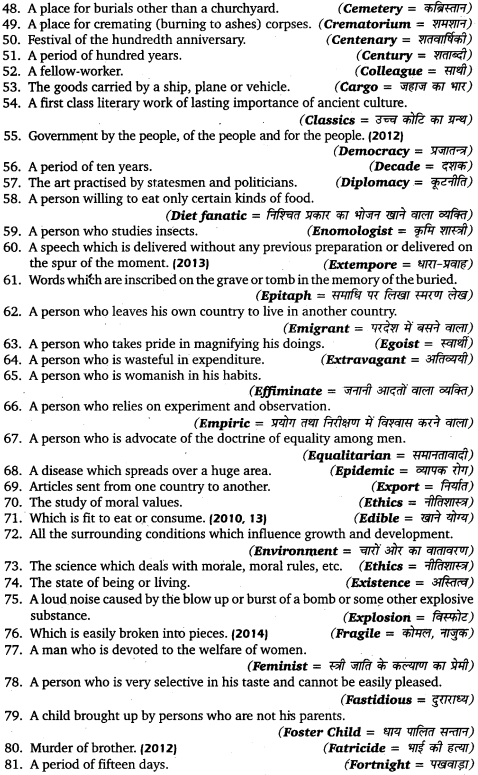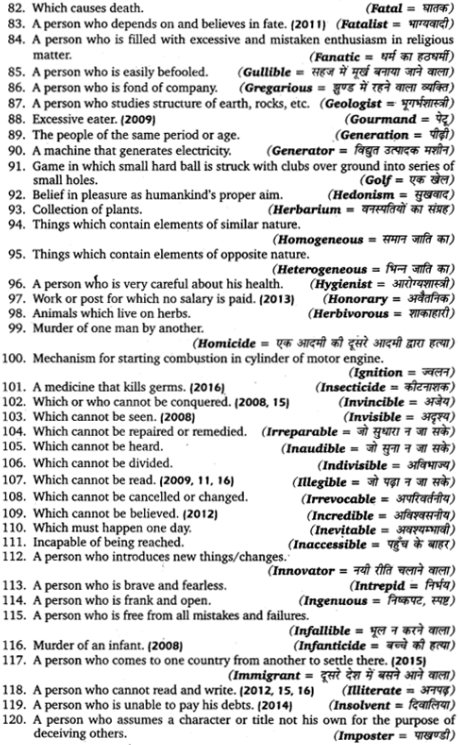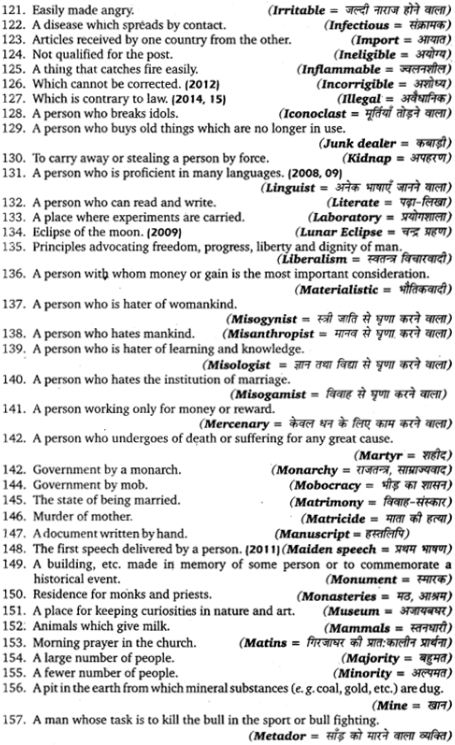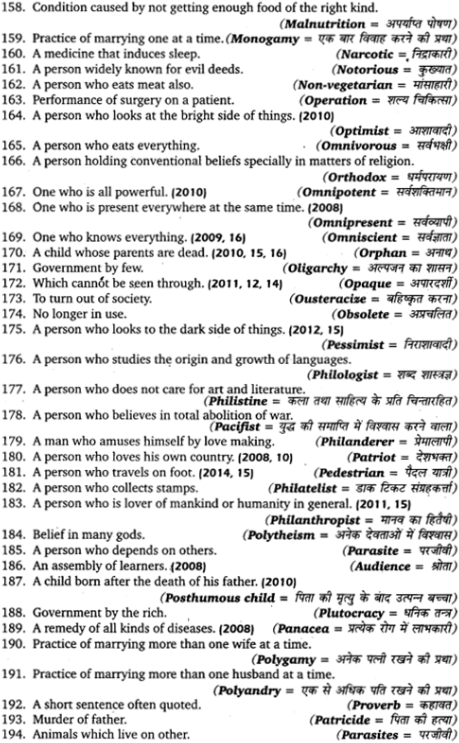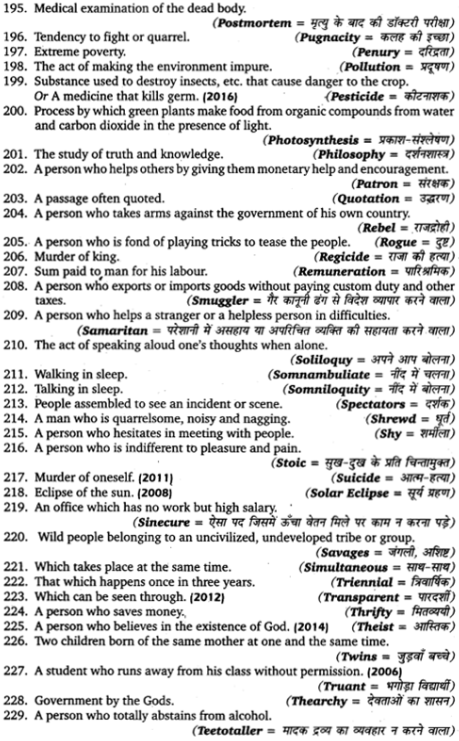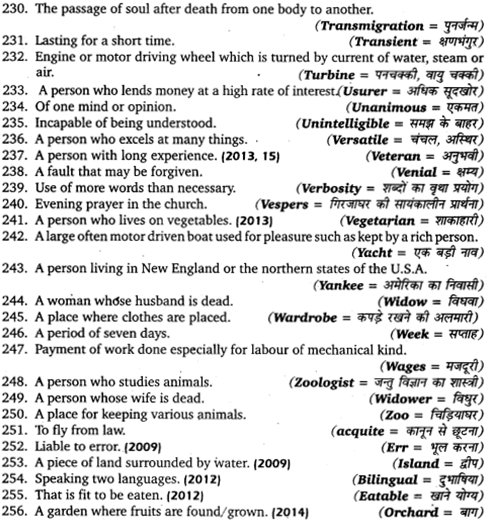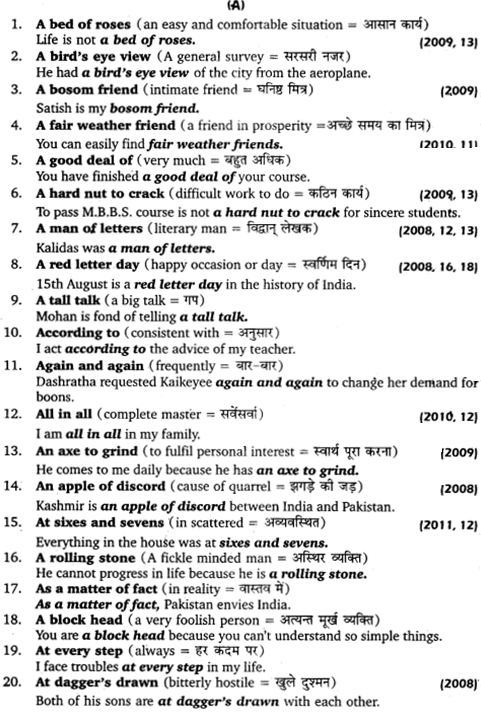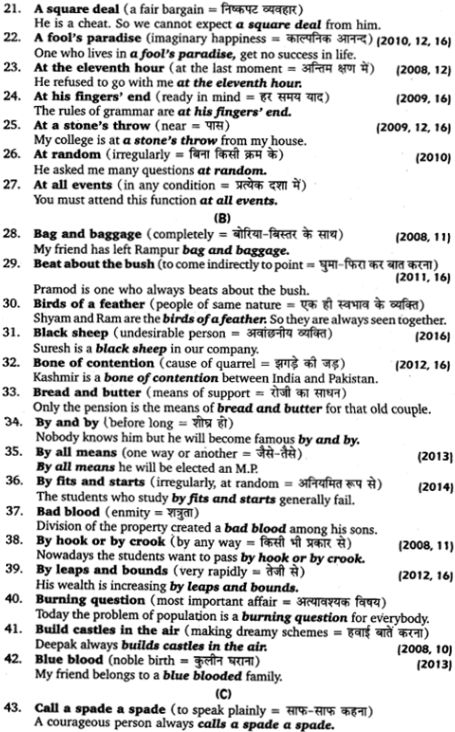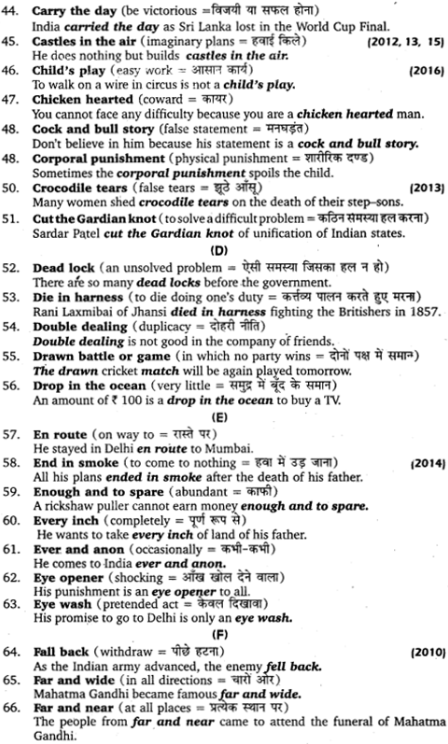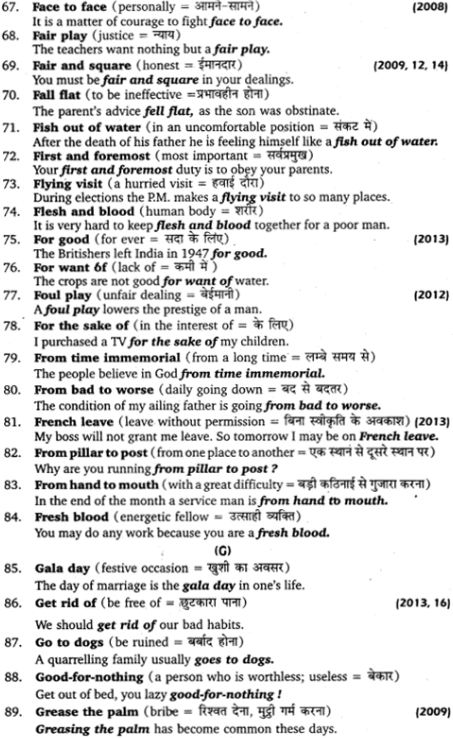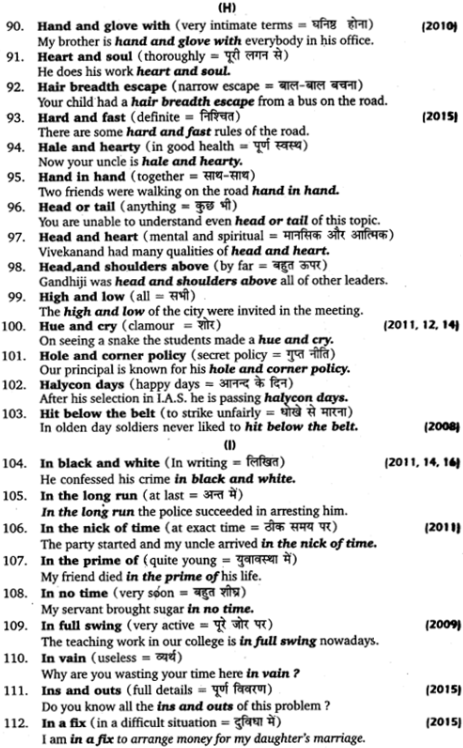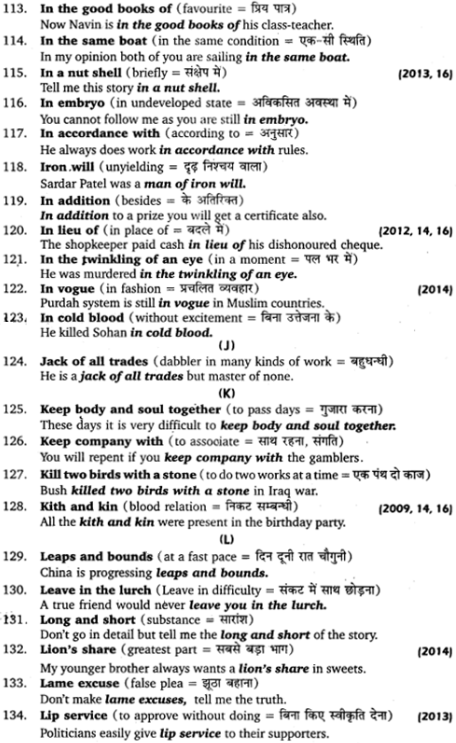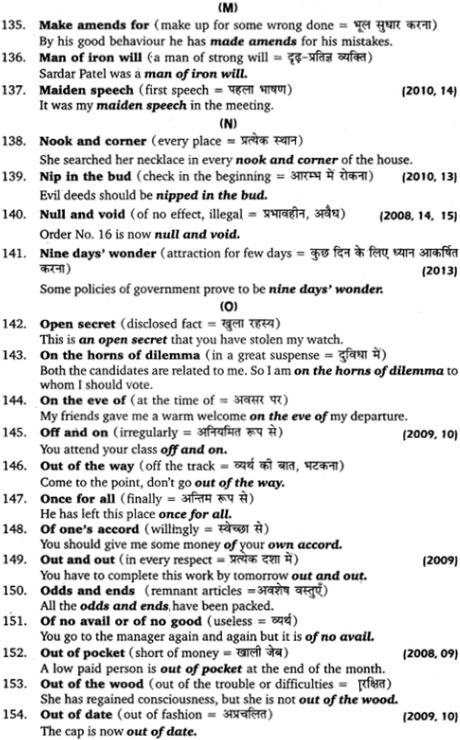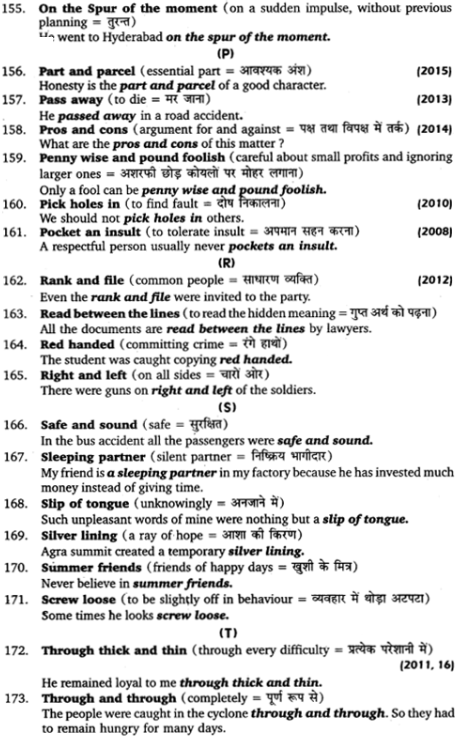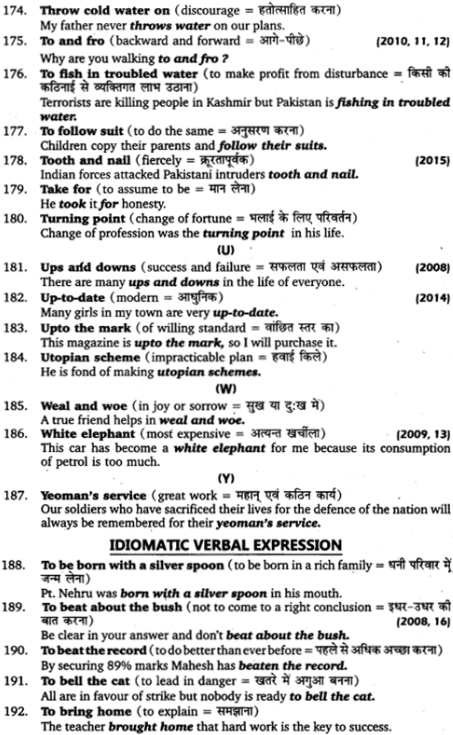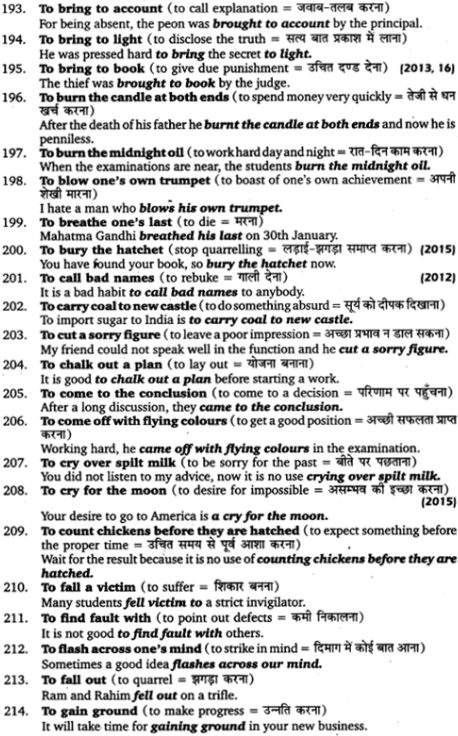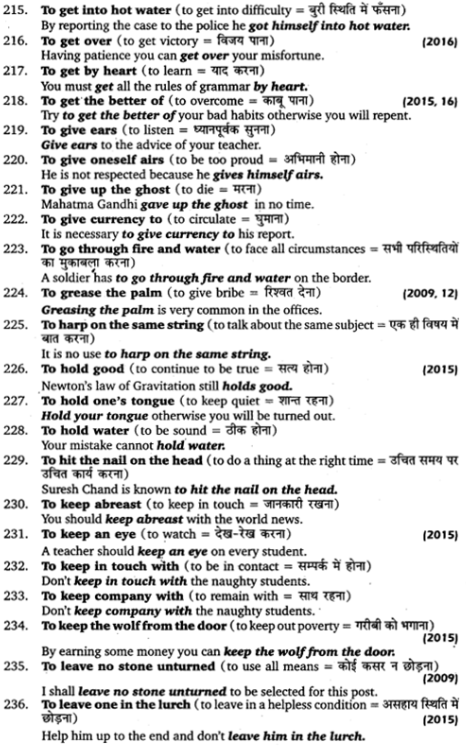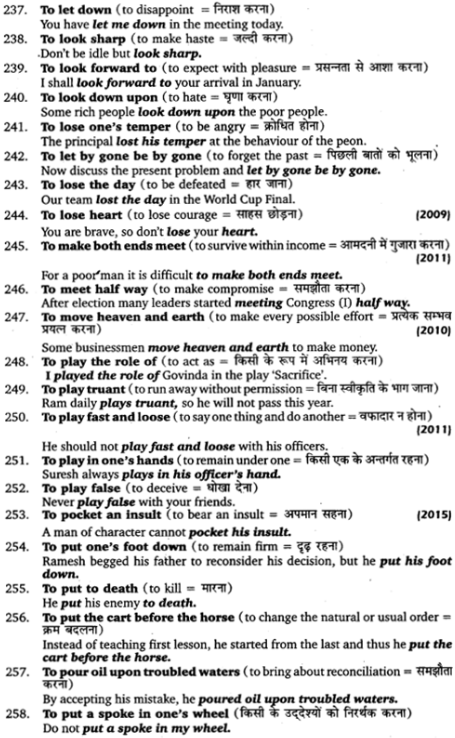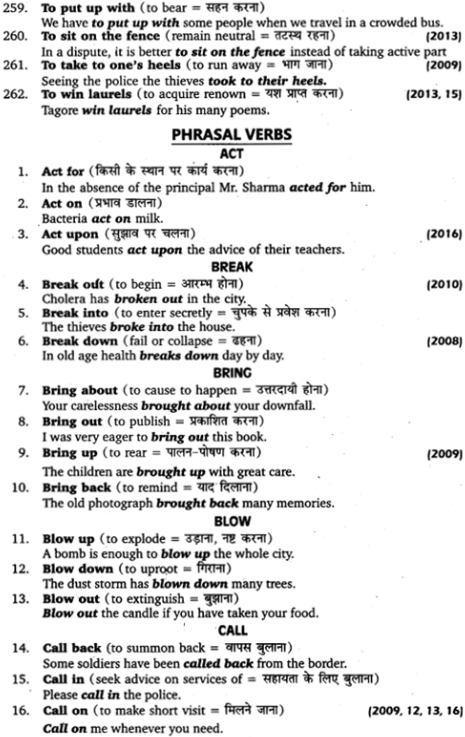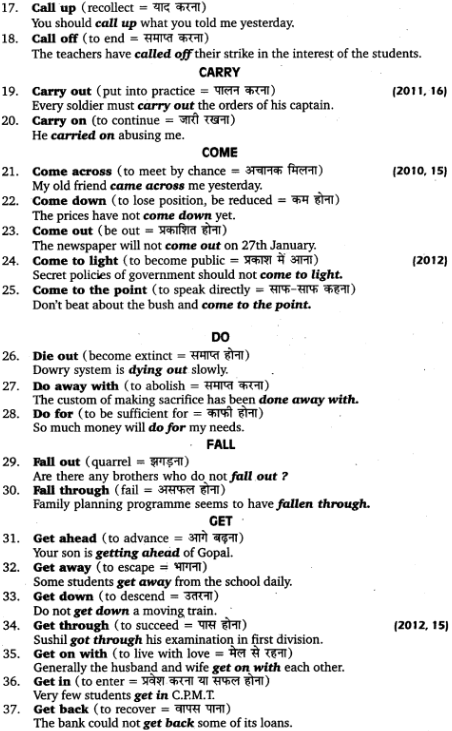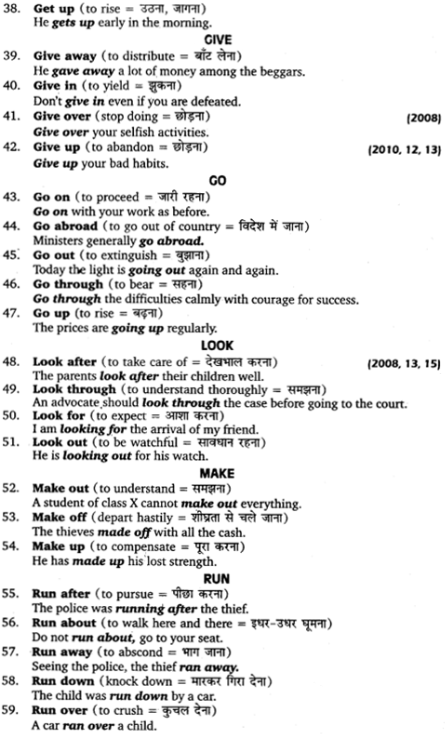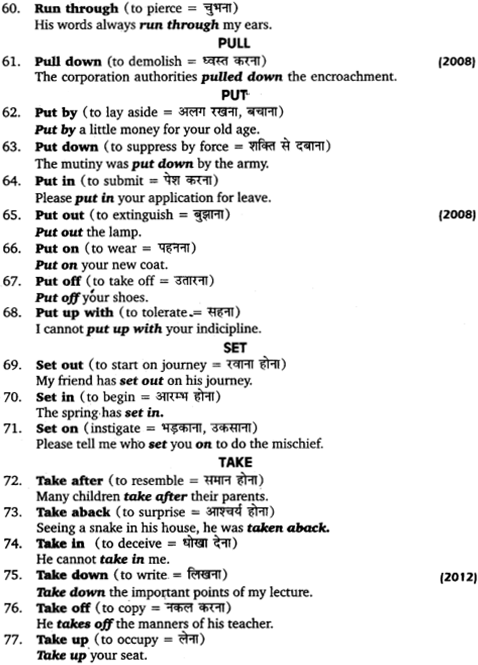UP UP Board Solutions for Class 12 English Poetry Short Stories Chapter 3 The Lost Child are part of UP Board Solutions for Class 12 English. Here we have given UP Board Solutions for Class 12 English Poetry Short Stories Chapter 3 The Lost Child.
MCQ Questions for Class 9 English Moments Chapter 1 The Lost Child MCQ with Answers … Question 1.
| Board | UP Board |
| Textbook | NCERT |
| Class | Class 12 |
| Subject | English Poetry Short Stories |
| Chapter | Chapter 3 |
| Chapter Name | The Lost Child |
| Category | UP Board Solutions |
UP Board Class 12th English Short Stories Chapter 3 The Lost Child Questions and Answers
English Class 12 UP Board Chapter 3 Question Answer
कक्षा 12 अंग्रेजी पाठ 3 के प्रश्न उत्तर
STORY at a Glance
On a spring festival a little boy went to see the fair with his parents. There he requested them to buy a toy. But his father very politely refused him. Then he saw a sweet meat seller, a flower seller, a man selling balloons of different colours, a juggler playing on a flute to a snake and so on. The child wanted to have these things. But he knew well that his parents would not buy him anything. Then he came to a roundabout which was in full swing. Men, women and children were enjoying it and looked very happy. Now he was overpowered by his desire and boldly requested them, “I want to go on the roundabout, please, father, mother.” But there was no reply. He turned to look at his parents but they were not there. He had lost his parents. He shouted loudly. He ran to and fro. He saw a thick crowd of people outside a temple. He ran through their legs, searched his parents but found no sign of them.
A man in the crowd heard his groan and lifted him in his arms. The man asked him many questions about his parents. But he went on weeping and cried only, “I want my mother, I want my father.” The man took him to the juggler, balloon seller, flower seller, sweet seller, etc. But he did not see towards them at all. He wanted only his parents. Now everything was useless for him.
कहानी पर एक दृष्टि
वसन्त ऋतु के त्योहार पर एक छोटा लड़का अपने माता-पिता के साथ मेला देखने गया। वहाँ उसने उनसे एक खिलौना खरीदने के लिए प्रार्थना की। किन्तु उसके पिता ने बड़ी विनम्रता से उसे मना कर दिया। फिर उसने एक मिठाई वाले को, फूल बेचने वाले को, भिन्न-भिन्न रंग के गुब्बारे बेचने वाले को, फिर एक साँप के सामने बाँसुरी बजाते हुए मदारी आदि को देखा। बच्चा इन सभी वस्तुओं को लेना चाहता था। किन्तु वह भली प्रकार जानता था कि उसके माता-पिता उसके लिए कोई वस्तु नहीं खरीदेंगे। फिर वह एक झूले के निकट आया जो पूरे जोर पर था। पुरुष, स्त्रियाँ और बच्चे इसका आनन्द ले रहे थे और प्रसन्न दिखायी पड़ते थे। अतः अब वह अपनी इच्छा के वशीभूत हो गया और बहादुरी से उनसे प्रार्थना की,मैं झूले पर बैठना चाहता हूँ, कृपया मम्मी-पापा। किन्तु उसे कोई उत्तर नहीं मिला। वह अपने माता-पिता को देखने के लिए मुड़ा, किन्तु वे वहाँ नहीं थे। उसके माता-पिता खो गए थे। वह जोर-जोर से चीखा। वह इधर-उधर दौड़ा। उसने एक मन्दिर के बाहर लोगों की बहुत भारी भीड़ देखी। वह उनकी टाँगों के बीच में से निकलकर दौड़ा। अपने माता-पिता की तलाश की किन्तु उनका कोई नामोनिशान भी नहीं था।
भीड़ में से एक आदमी ने उसकी रोने की आवाज सुनी और उसे अपनी गोद में उठा लिया। उस व्यक्ति ने उससे उसके माता-पिता के विषय में अनेक प्रश्न पूछे। किन्तु वह फूट-फूटकर रोता रहा और चीखता रहा, मुझे मेरी माँ चाहिए, मुझे मेरे पिता चाहिए। वह आदमी उसे झूले पर ले गया। मदारी के पास ले गया। गुब्बारा बेचने वाले के पास, फूल बेचने वाले के पास और मिठाई बेचने वाले के पास ले गया। किन्तु हर बार उसने उनकी ओर देखा भी नहीं। उसे केवल अपने माता-पिता चाहिए थे। अब उसके लिए प्रत्येक वस्तु बेकार थी।
Understanding the Text
Short Answer Type Questions
Answer two of the following questions in not more than 30 words each :
Question 1.
How were the people going to the fair ?
(लोग मेले में किस प्रकार जा रहे थे ?)
Answer.
The people were going to the fair either on foot, or on horses or in bullockcarts.
(लोग मेले में पैदल, घोड़ों पर या बैलगाड़ियों में जा रहे थे।)
Question 2.
Why did the parents call the child ?
(माता-पिता ने बच्चे को क्यों पुकारा ?)
Answer.
The parents called the child because he had lagged behind on a toy shop.
(माता-पिता ने बच्चे को पुकारा क्योंकि वह एक खिलौनों की दुकान पर पीछे रह गया था।)
Question 3.
Why did the child want to suppress his desire ?
(बच्चा अपनी इच्छाओं को दबानो क्यों चाहता था ?)
Answer.
The child wanted to suppress his desire because he knew well that his parents would refuse him coldly
(बच्चा अपनी इच्छा को दबाना चाहता था क्योंकि वह भली प्रकार जानता था कि उसके माता-पिता शान्ति से उसे मना कर देंगे।)
Question 4.
Where did they reach after leaving the dusty road ?
(धूलभरी सड़क को छोड़कर वे कहाँ पहुँचे ?)
Answer.
After leaving the dusty road, they entered a footpath in a field.
(धूलभरी सड़क को छोड़कर वे एक खेत में एक पगडण्डी पर पहुँचे।)
Question 5.
Why was the boy attracted towards fields ?
(लड़की खेतों की ओर आकर्षित क्यों हुआ ?)
Answer.
The boy was attracted towards the fields because they were in full bloom with pale mustard flowers. Beautiful butterflies and other insects were hovering there.
(लड़की खेतों की ओर आकर्षित हुआ क्योंकि वे पूरी तरह सरसों के पीले खिले हुए फूलों से भरपूर थे। सुन्दर तितलियाँ और अन्य कीड़े वहाँ मँडरा रहे थे।)
Question 6.
What did the boy do ?
(लड़के ने क्या किया ?)
Answer.
The boy entered the meadow, played with the butterflies and other insects and with a great difficulty he could catch a butterfly.
(लड़का खेत में चला गया, तितलियों से खेला और दूसरे कीड़ों से भी और बहुत मुश्किल से एक तितली को पकड़ सका।)
Question 7.
Why did the parents sit on the well ?
(माता-पिता कुएँ पर क्यों बैठ गये ?)
Answer.
The parents sat down on the well to take rest. Moreover the boy was left behind playing with the insects on the footpath. So they waited for him also.
(माता-पिता कुएँ पर आराम करने के लिए बैठ गए। इसके अतिरिक्त लड़का कीड़े-मकोड़ों से खेलता हुआ पीछे रह गया था। इसलिए उन्होंने उसकी भी प्रतीक्षा की।)
Question 8.
What happened when the child saw sweetmeat seller’s shop ?
(जब बच्चे ने मिठाई वाले की दुकान को देखा तब क्या हुआ ?)
Answer.
The child saw many sweets there as; gulab jamun, rasgulla, burfi, jalebi, etc. His mouth began to water when he saw his favourite sweet burfi.
(बच्चे ने बहुत-सी मिठाइयाँ देखीं; जैसे-गुलाब जामुन, रसगुल्ला, बर्फी, जलेबी आदि। उसके मुँह में पानी आ गया जब उसने अपनी प्रिय मिठाई बर्फी को देखा।)
Question 9.
Did the child request his parents to buy sweets ? Give reasons in support of your answer.
(क्या बच्चे ने अपने माता-पिता से मिठाई खरीदने की प्रार्थना की ? अपने उत्तर की पुष्टि में कारण दो।)
Answer.
The child did not request his parents to buy sweets because he knew that they would not buy sweets and would say him greedy.
(बच्चे ने अपने माता-पिता से मिठाई खरीदने की प्रार्थना नहीं की, क्योंकि वह जानता था कि वे मिठाइयाँ नहीं खरीदेंगे और उसे लालची कहेंगे।)
Question 10.
What was the first demand of the child while accompanying his parents to the fair ? [2016, 18]
(बच्चा जब अपने माता-पिता के साथ मेले में जा रहा था तब उसकी पहली माँग क्या थी ?)
Answer.
The first demand of the child was for burfi while he was accompanying his parents to the fair.
(जब बच्चा अपने माता-पिता के साथ मेले में जा रहा था तब उसकी पहली माँग बर्फी की थी।)
Question 11.
What did the child see the juggler doing? Why didn’t the child stay for long at the place where a juggler was playing his flute to the snake in the [2010]
(बच्चे ने मदारी को क्या करते देखा? जहाँ एक मदारी साँप को बीन सुना रहा था, बच्चा वहाँ अधिक देर क्यों नहीं रुका ?)
Answer.
The child saw the juggler playing on a flute to a dancing cobra. The child was attracted by it. But he did not stay there for a long because his parents had forbidden him to hear such coarse music as the juggler played.
(बच्चे ने मदारी को नाचते हुए साँप के ऊपर बीन बजाते देखा। बच्चा इससे आकर्षित तो हुआ परन्तु वहाँ अधिक देर नहीं रुका क्योंकि उसके माता-पिता ने उसे ऐसा रूखा संगीत सुनने को मना किया था।)।
Question 12.
What were the things which attracted the child most in the fair ? [2018]
(वे कौन-सी वस्तुएँ थीं जिन्होंने बच्चे को मेले में बहुत आकर्षित किया ?)
Answer.
Burfi, garland of gulmohar, balloons of different colours flying from a pole, a juggler playing on flute to a snake and a roundabout attracted the child most in the
(बर्फी, गुलमोहर का हार, भिन्न-भिन्न रंगों के गुब्बारे जो एक बाँस पर उड़ रहे थे, साँप के सामने बाँसुरी बजाते हुए मदारी ने तथा झूले ने मेले में बच्चे को बहुत आकर्षित किया।)
Question 13.
Where was the child lost and how ?
(बच्चा कैसे और कहाँ खो गया ?)
Answer.
The child was lost at a roundabout. There was a thick crowd of men, women and children who were enjoying the roundabout. The child could not suppress his desire. He also entered the crowd and went forward. But when he did not get his turn for long, he came out of the crowd to see his parents. But he could not find them there or anywhere else. Thus the lost his parents.
(बच्चा झूले पर खोया। वहाँ पुरुषों, स्त्रियों तथा बच्चों की भारी भीड़ थी जो झूले का आनन्द ले रहे थे। बच्चा अपनी इच्छा को नहीं दबा सका। उसने भी भीड़ में प्रवेश किया और आगे बढ़ गया। किन्तु जब काफी समय तक उसकी बारी नहीं आई तब वह भीड़ से बाहर अपने माता-पिता को देखने आया। किन्तु वह उन्हें वहाँ या अन्य कहीं नहीं पा सका। इस प्रकार उसके माता-पिता खो गये।)
Question 14.
Describe the condition plight of the child when he had lost his parents. [2015, 17, 18]
(जब बच्चे के माता-पिता खो गए तब उसके बाद की उसकी स्थिति का वर्णन कीजिए।)
Answer.
The condition of the child was very pitiable when he had lost his parents. He was running to and fro searching for his parents. He was shouting loudly, “My mother, my father.” Tears were flowing from his eyes. He was quite hopeless.
(जब बच्चे से उसके माता-पिता खो गए तब उसकी दशा बहुत दयनीय थी। वह अपने माता-पिता की तलाश करता हुआ इधर-उधर फिर रहा था। वह जोर-जोर से चीख रहा था, “मेरी मम्मी, मेरे पापा।” उसकी आँखों से आँसू बह रहे थे। वह बिल्कुल निराश था।)
Question 15.
Why did the child enter the over-crowded temple ? [2015]
(लड़के ने भीड़ से भरे मन्दिर में क्यों प्रवेश किया ?)
Answer.
The child entered the over-crowded temple in search of his parents.
(लड़के ने अपने माता-पिता को ढूंढ़ने के लिए भीड़ से भरे मन्दिर में प्रवेश किया।)
Question 16.
Who tried to soothe him and how ?
(उसे किसने चुप कराने की कोशिश की और कैसे ?)
Answer.
A man in the crowd heard his groan. He lifted him up in his arms. He tried to soothe him. He took him to the roundabout, to the juggler, to the balloon seller, to the sweet seller, to the garland seller and so on
(भीड़ में एक आदमी ने उसका रुदन सुना। उसने उसे अपनी गोद में उठा लिया। उसने उसे चुप कराने की चेष्टा की। वह उसे झूले पर, मदारी के पास, गुब्बारे बेचने वाले के पास, मिठाई वाले के पास और हार बेचने वाले आदि के पास ले गया।)
Question 17.
How did the child react to every kind of offer of the gentleman ?
(उस भद्र पुरुष की प्रत्येक प्रार्थना पर बच्चे ने किस प्रकार की प्रतिक्रिया प्रकटं की ?)
Answer.
The child behaved quite differently. He turned his face from everything which he had keenly desired with his parents. Now his parents were above all things for him. He did not even see towards anything and cried only, “I want my mother, I want my father.”
(बच्चे ने बिल्कुल भिन्न प्रकार का व्यवहार किया। उसने प्रत्येक वस्तु की ओर से अपना मुँह फेर लिया जिसकी उसने अपने माता-पिता के साथ तीव्र इच्छा व्यक्त की थी। अब उसके माता-पिता सभी वस्तुओं से उसके लिए सर्वोपरि थे। उसने किसी वस्तु की ओर देखा भी नहीं और केवल यही चिल्लाया, “मुझे मेरी मम्मी चाहिए, मुझे मेरे पापा चाहिए।”)
Question 18.
Do you think that the behaviour of the lost child has been realistically painted by Mulk Raj Anand ?
(क्या आप सोचते हो कि खोये हुए बच्चे का चरित्र चित्रण मुल्क राज आनन्द ने वास्तविक ढंग से किया है ?)
Answer.
Yes, the behaviour of the lost child has been realistically.painted by Mulk Raj Anand. Every reader of the story would find as if all the incidents are happening before his eyes. All the related incidents and scenes are so artistically intertwined that the interest of the reader is not disturbed anywhere.
(हाँ, खोये हुए बच्चे के व्यवहार को मुल्क राज आनन्द ने बहुत ही वास्तविक ढंग से चित्रित किया है। कहानी के प्रत्येक पाठक को ऐसा लगेगा मानो सारी घटनाएँ उसकी आँखों के सामने हो रही हैं। सभी सम्बन्धित घटनाएँ और दृश्य इतनी कलाकारी से आपस में सँजोए गए हैं कि पढ़ने वाले की रुचि कहीं भी गड़बड़ नहीं होती।)
Question 19.
What did the child finally want in the story “The Lost Child’ ? Give examples in support of your answer.[2012]
(“The Lost Child’ नामक कहानी में अन्त में बच्चे ने किस वस्तु को चाहा? उदाहरण देकर अपने उत्तर की पुष्टि कीजिए।)
Answer.
Finally the child wanted only his parents. An old man took him to the things which he had keenly desired with his parents. But he did not even see at them and cried only ‘I want my mother, I want my father.
अन्त में बच्चा केवल अपने माता-पिता को चाहता था। एक बूढ़ा आदमी उसे उन सभी वस्तुओं के पास ले गया जिन्हें वह अपने माता-पिता के साथ लेना चाहता था। किन्तु उसने उनकी और देखा भी नहीं। वह केवल यह चिल्लाया, “मुझे अपनी माँ चाहिए, मुझे अपने पिता चाहिए।
We hope the UP Board Solutions for Class 12 English Poetry Short Poems UP Board Solutions for Class 12 English Poetry Short Stories Chapter 3 The Lost Child help you. If you have any query regarding UP Board Solutions for Class 12 English Poetry Short Stories Chapter 3 The Lost Child, drop a comment below and we will get back to you at the earliest.
